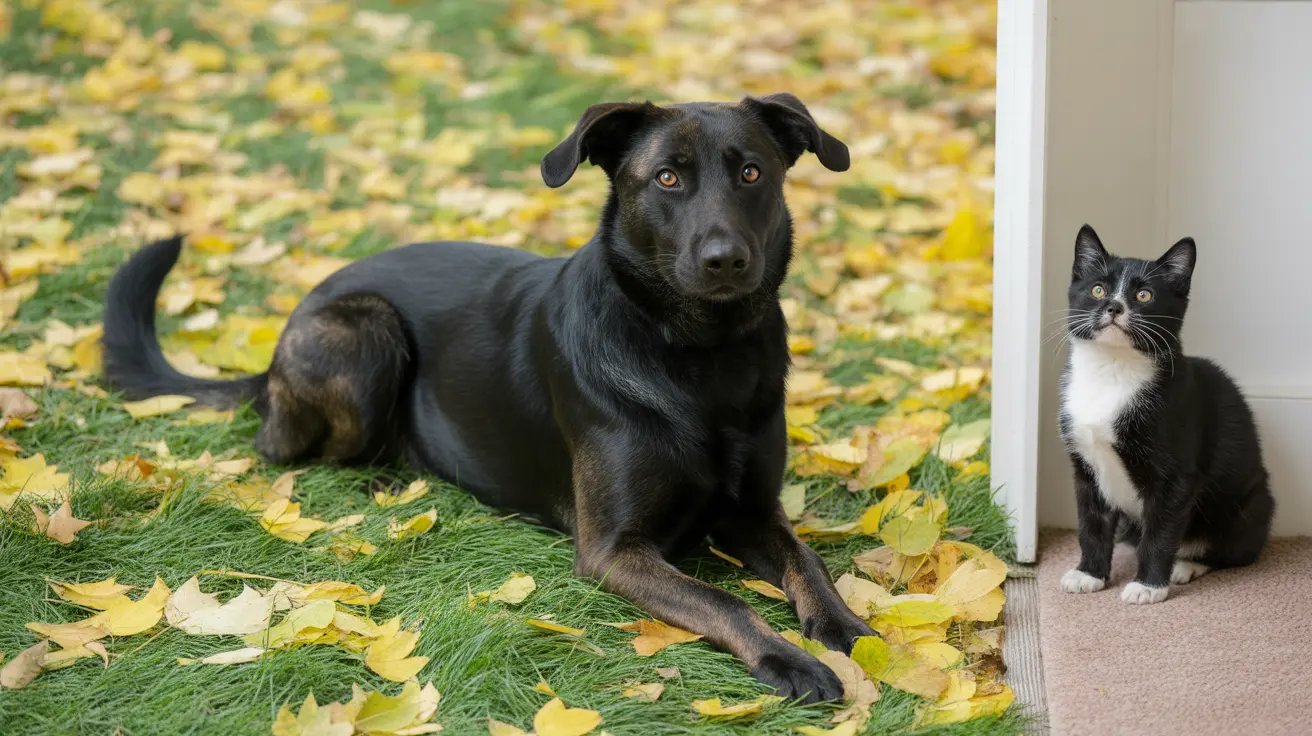Can I Put Dog Poop in My Garden? Understanding the Risks and Alternatives
Many pet owners wonder whether it's safe or beneficial to use dog poop as garden fertilizer. While the logic might appear sound—after all, cow manure is widely used in agriculture—the reality is more complicated. Dog waste presents unique health hazards, nutrient imbalances, and environmental concerns that make it unsuitable for most garden applications. In this article, we’ll explore the key reasons why dog poop is not a safe or effective fertilizer, and examine safer alternatives.
1. Health Hazards of Dog Waste
Unlike cows, which have a plant-based diet, dogs are omnivores that consume protein-rich food. This not only affects the chemical composition of their waste but also makes it a breeding ground for harmful bacteria and parasites such as:
- E. coli
- Salmonella
- Coliform bacteria
- Hookworms
- Roundworms
- Giardia
Just one gram of dog feces can contain millions of harmful bacteria. If dog waste is applied to gardens, these pathogens may contaminate the soil or transfer onto crops, posing serious health risks for humans and animals. Some parasite eggs can survive in the soil for extended periods, making the contamination long-lasting.
2. Nutrient Imbalances and Plant Damage
Dog poop is exceptionally high in nitrogen and phosphorus. This unbalanced nutrient profile may initially make grass look greener, but over time, it can cause root burn, yellowing plants, and even plant death. The acids in the waste lower soil pH, affecting soil health and plant compatibility. Also, dog waste decomposes slowly—it can take a year or more—resulting in uneven nutrient release and foul odors that linger.
3. Environmental Pollution
When exposed to rain or irrigation, the pathogens and nutrients in dog feces can be transported by runoff into nearby lakes, rivers, and streams. This contributes to water pollution and disrupts native marine and aquatic ecosystems. Municipal records show that pet waste is a significant source of microbial pollution in urban water systems.
4. Safe Composting Practices
Composting dog feces is sometimes promoted as an eco-friendly alternative, but it requires stringent control. To kill dangerous organisms, compost systems must reach and maintain at least 60°C (140°F) for three days or more. This is difficult to achieve in backyard compost piles.
If you opt for composting:
- Use a specialized pet-waste composter or municipal composting facilities.
- Keep compost away from edible plants, water sources, and areas where children or pets play.
- Mix dog poop with carbon-rich materials like leaves or shredded paper to maintain a 2:1 carbon to nitrogen ratio.
- Store and cure the compost for at least 6–12 months.
- Only apply compost to ornamental plants.
- Wear gloves and maintain good hygiene during handling.
Failure to meet these criteria may result in compost that remains dangerous to both humans and animals.
5. Alternatives to Putting Dog Poop in the Garden
Rather than risking your garden's health or local ecosystems, consider safer disposal methods:
- Trash disposal—Place bagged waste in regular garbage, following local regulations.
- Municipal pet waste programs—Use special pet waste bins if available.
- Flushing—Some areas allow dog poop to be flushed down the toilet, where wastewater treatment neutralizes contaminants (check local rules first).
- Burial—Bury waste away from edible gardens, water supplies, or places animals may dig.
6. Why Cow Manure Works and Dog Poop Doesn’t
Many people confuse the use of cow manure with the suitability of other animal waste. Cow manure is effective because:
- Cows have a herbivorous diet, leading to a more balanced nutrient composition.
- Cow waste contains fewer harmful pathogens compared to carnivorous or omnivorous animals.
- It decomposes consistently, improving soil without harming plants.
By contrast, dog, cat, and human waste must be specially treated. Improper use risks contaminating the environment and harming both people and plants.
Conclusion
In summary, dog poop should never be used directly as garden fertilizer. Its pathogens, nutrient imbalances, and environmental impacts far outweigh any perceived benefits. Only carefully managed composting—at sufficient heat levels—can make dog waste suitable for use around non-edible plants. Otherwise, dispose of it responsibly using trash collection, flushing (where permitted), or specialized pet-waste systems.
Proper waste handling not only protects your garden but also preserves the health of your family, pets, and community.





